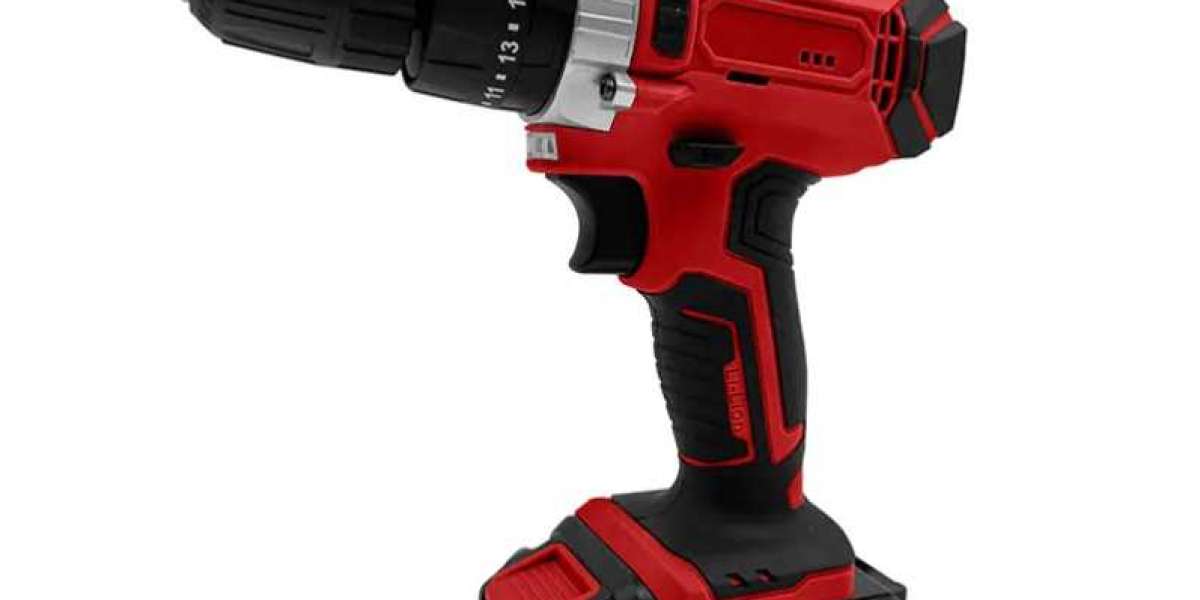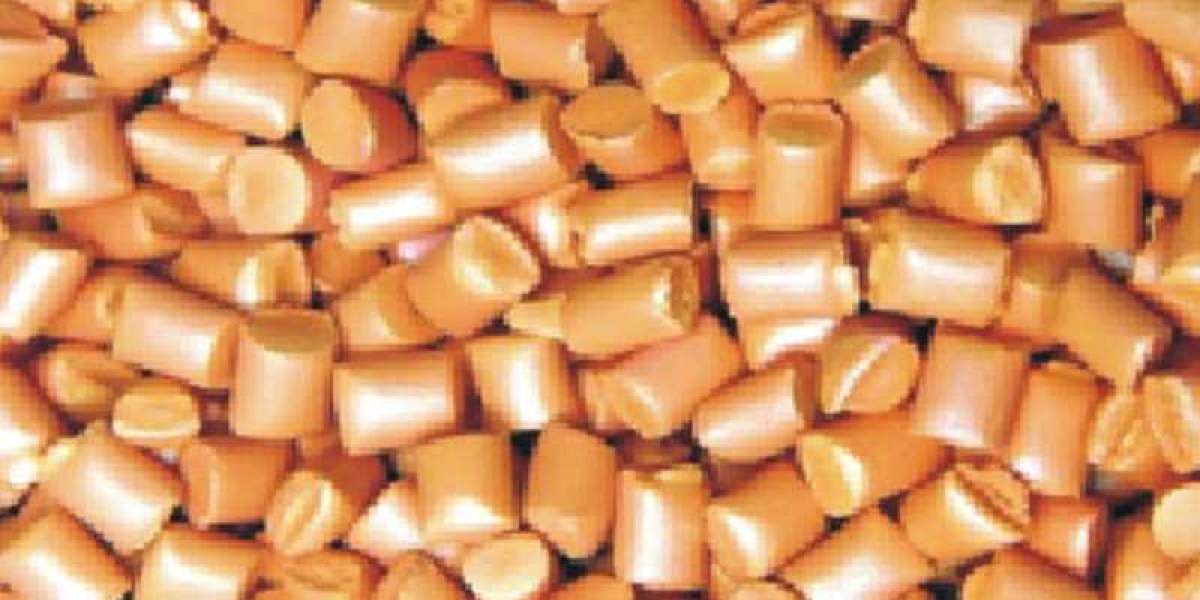Lithium cordless drills have become indispensable tools for professionals and DIY enthusiasts alike due to their portability and convenience. However, to ensure their longevity and consistent performance, proper maintenance is essential.
Regular maintenance for a lithium cordless drill includes keeping it clean and free from debris, especially around the chuck and ventilation ports. This prevents overheating and ensures smooth operation. Additionally, periodically inspecting the battery for signs of wear or damage is crucial. Wipe down the exterior of the drill with a damp cloth and mild detergent to remove dirt and grime, and avoid using harsh chemicals that could damage the casing.
Cold weather can have a significant impact on the performance of a lithium cordless drill. The lower temperatures can cause the battery to discharge more quickly and may even reduce its overall capacity. To mitigate these effects, store the drill and its batteries in a climate-controlled environment when not in use, and allow them to acclimate to room temperature before operating in colder conditions. It's also advisable to keep spare batteries warm while working in cold weather to maintain their performance.
Despite their convenience, lithium cordless drills are not immune to issues. One common problem is a reduction in battery life over time, which can be exacerbated by overcharging or storing the battery at high temperatures. To prevent this, avoid leaving the battery on the charger for extended periods and store it in a cool, dry place when not in use. Additionally, be mindful of the drill's workload and avoid pushing it beyond its capabilities, as this can lead to overheating and premature wear on the motor and other components.
Other common issues with lithium cordless drills include chuck slippage, where the drill bit fails to stay securely in place, and motor malfunctions due to dust and debris accumulation. Regularly inspecting and cleaning the chuck and motor can help prevent these issues. If problems persist, consult the manufacturer's instructions for troubleshooting tips or seek professional assistance.
In conclusion, maintaining a lithium cordless drill is essential for ensuring its longevity and optimal performance. By following these maintenance tips and addressing common issues promptly, you can keep your drill running smoothly for years to come. Whether you're a professional tradesperson or a hobbyist, proper care and maintenance of your lithium cordless drill will pay dividends in the long run.








